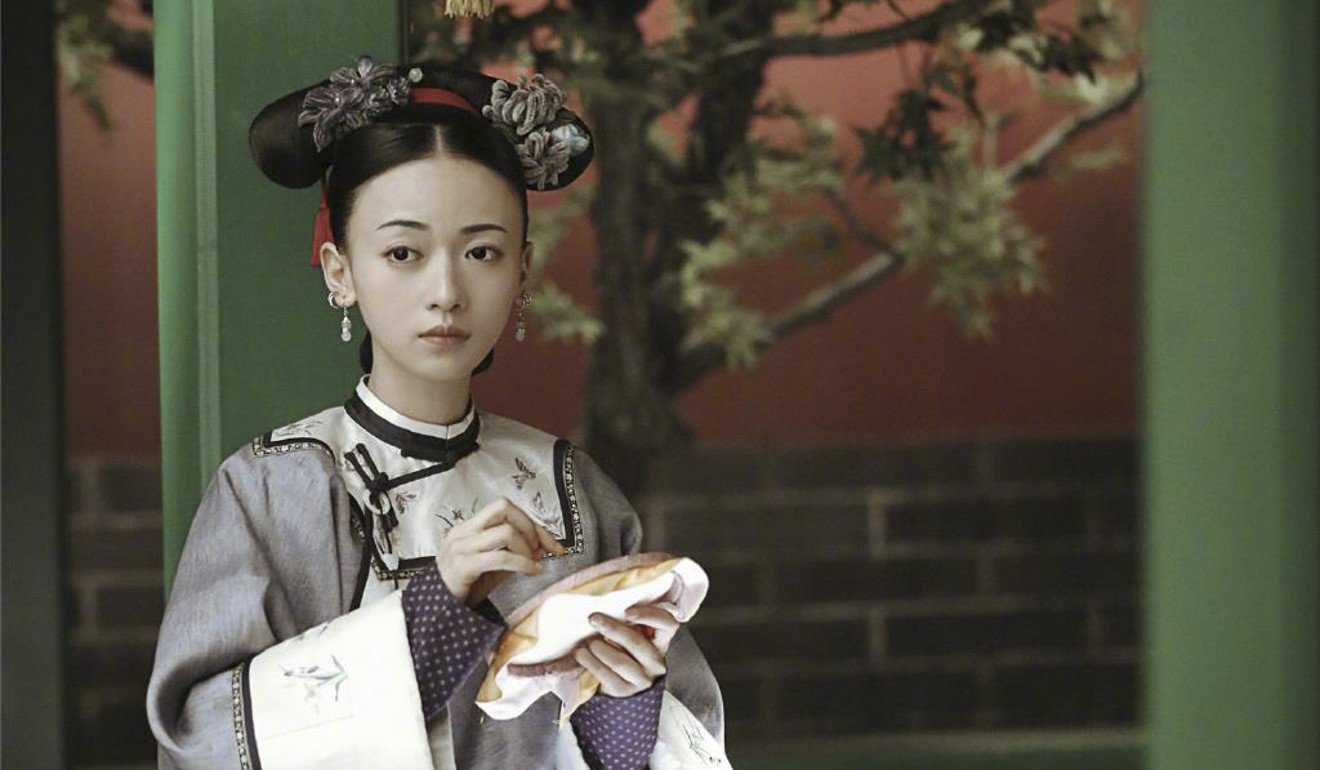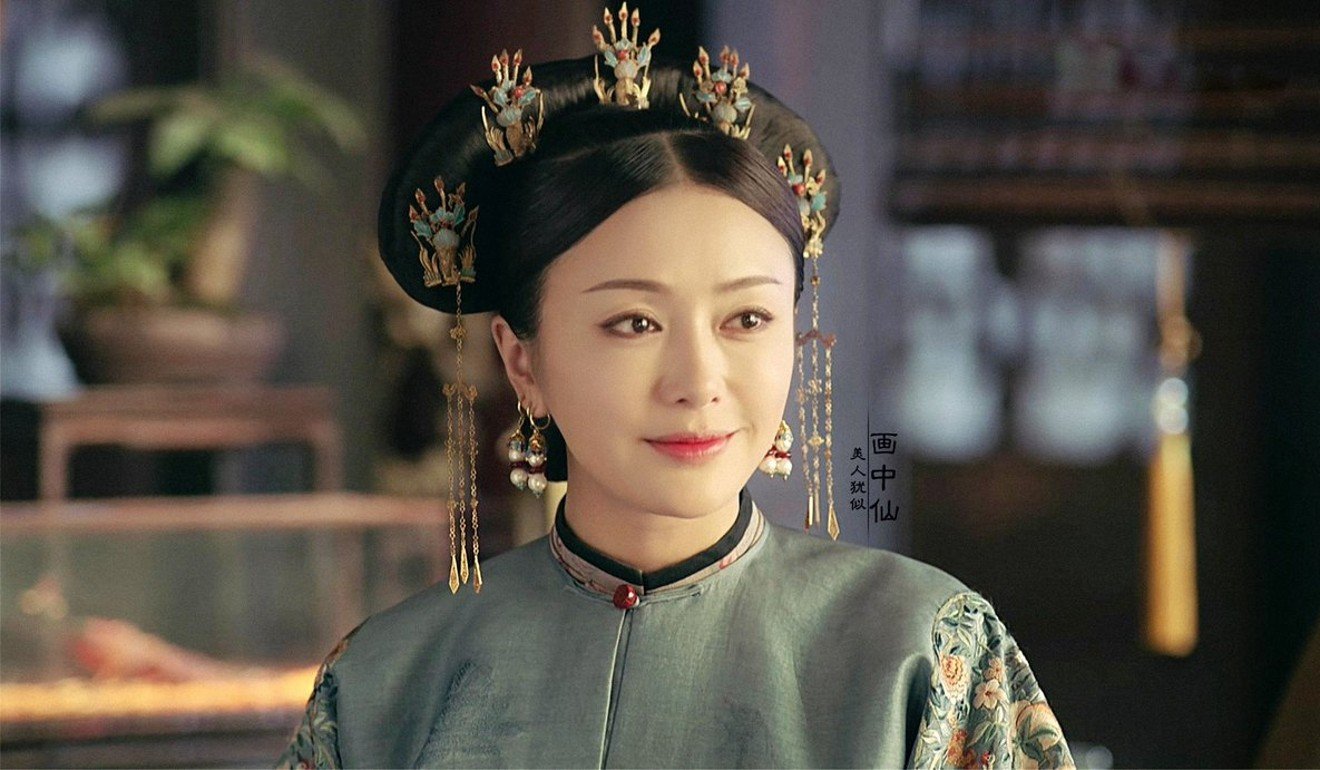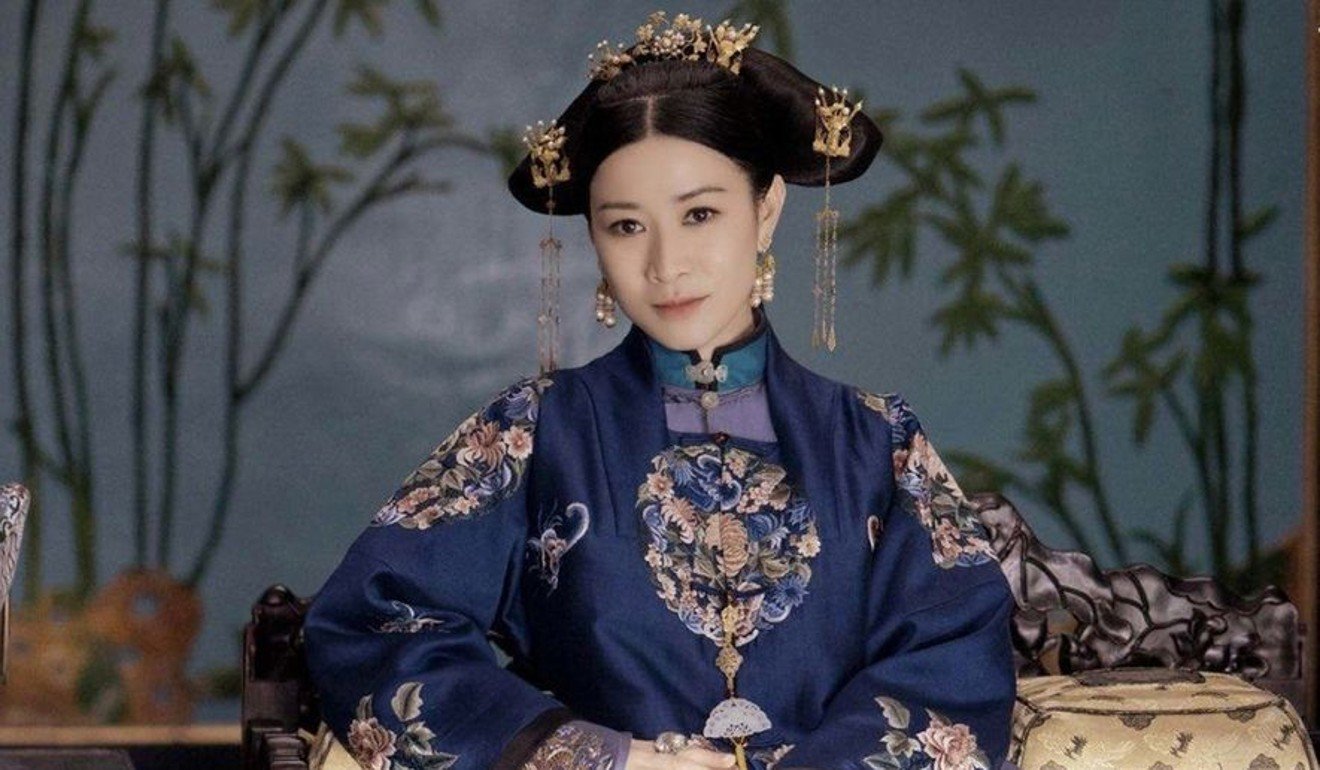
The empress and the three concubines – bully, villain, victor: The Story of Yanxi Palace explained
The Chinese TV show about the Qianlong emperor’s harem of concubines has viewers across Asia hooked; we look at four key players and their deadly game of one-upmanship
The intrigue. The plotting. The back-stabbing. The Story of Yanxi Palace has it all.
Viewers cannot get enough of the show currently on in China, Hong Kong and streaming across Southeast Asia and North America.
Concubine-loving emperor was an art vandal with dubious taste
A fictionalised account of the 18th-century Qianlong emperor’s real-life harem of concubines, the 70-episode series charts the rise and fall of a number of women in the Qing court as they vie for the ruler’s attention and affection, hoping, one day, they will become the empress.
“If managed well, all threats can become stepping stones,” muses one of the concubines, Wei Yingluo, in the drama.
But who are these ambitious imperial climbers and how do they relate to one another in the race? Here are four key players whose wit and determination plays out in the harem power struggle. (Note: spoilers follow.)

Wei Yingluo
Based on the real-life consort of Qianlong and played by actress Wu Jinyan, Wei is the show’s protagonist. She comes from a poor Han Chinese family and entered the court serving Qianlong’s first wife, the empress Fucha, with whom the ruler had a loving relationship.
Introduced to Qianlong by Fucha, Wei was eventually made a concubine. In The Story of Yanxi Palace and in history, Wei rose to the rank of imperial noble consort after 20 years, the highest possible position for someone of her humble background.
“In the imperial power struggle, she was the ultimate victor,” said historian Yan Li in the Chinese television cultural programme The Lecture Room. “Wei was a woman who dared to challenge the limits.”

Fucha
Fucha married Qianlong when he was still the heir to the throne. The couple enjoyed a happy and respectful marriage in both the show and in history, and once Qianlong became the emperor, Fucha was made the empress.
Played by Qin Lan in the show, Fucha is a gentle woman who cannot escape the machinations of the emperor’s inner court.
According to scholar Zhang Hongjie: “Qianlong wrote some 40,000 poems in his lifetime, most of them not any good. Only about 100 were sincere and moving – all poems commemorating Fucha.”
Gao
Played by Chinese actress Tan Zhuo, Gao is a character viewers loathe. She was also married to Qianlong before he became emperor and occupied a higher ranking than most of his concubines. Gao was arrogant and bullied those around her.
Her story does not end well in the show, leaving a power vacuum for other aspiring concubines to fill.

Xian
Xian is the definitive villain in the drama and is based on the second empress of Qianlong, Xiao Xianchun. Played by Hong Kong actress Charmaine Sheh Sze-man, the scheming and ruthless Xian kills a lower-ranked concubine only to become the guardian of the victim’s son – a prince who could have become the heir to the throne.
Xian rises to the much coveted position of empress after the deaths of rivals including Gao and Fucha. However, she subsequently loses the emperor’s favour and is stripped of her privileges. Historians attribute her fall from grace to Wei, whom Qianlong preferred.
While much of the drama of The Story of Yanxi Palace is pure fiction, life in the 18th-century Qing dynasty inner court was dictated by a rigid hierarchy.
‘Story of Yanxi Palace’ fans face South China Sea sovereignty test
There could only be one empress. Below her there was one imperial noble consort (huang guifei), followed by two imperial consorts (guifei), then four consorts (fei). A consort was promoted into the higher ranks only if there was a vacancy.
The empress enjoyed the most privileges in the harem and the heir to the throne was usually chosen from her children. A concubine without the emperor’s favour or other backing at best lived a solitary life shunned by others; at worse she could lose her life.

